Cryptocurrency may not become a fully mainstream financial instrument until concrete regulations for the highly volatile industry are drawn up and enforced by authorities in the US, the chief executive of blockchain company Chainalysis has said.
While acknowledging that current cryptocurrency frameworks are “actually pretty good and functional”, the $2.33 trillion industry’s other issues need to be addressed, especially when it comes to protecting investors and consumers, Michael Gronager told The National.
The US, the world’s biggest economy that is also considered the most important financial market as the Federal Reserve sets the global tone for interest rates – should take the lead on this, he said.
“In finance, everyone looks towards to the US first trying to figure out what’s going on, and then whether the regulation has already been created in other places first … it’ll be changed to adapt the US framework once it’s figured out,” Mr Gronager said.
“We’ve seen that in the past; we’ll see that again with crypto. So, we are kind of waiting for the US to solve some of these things and that’s where things stand today.”
The US granted the cryptocurrency sector a major victory in January when it finally approved the country’s first spot Bitcoin ETFs, clearing the way for trading on the New York Stock Exchange, the Cboe Global Markets and the Nasdaq Composite, and making Bitcoin more accessible to retail traders.
ETFs “definitely boosted the sentiment of crypto”, Mr Gronager said.
In addition, US authorities have been vigilant in clamping down on the sector, running after irregularities and illicit activity within the ranks.
Their actions have claimed some of the biggest names, including Sam Bankman-Fried, the former chief executive of FTX who was sentenced to 25 years in prison for fraud, and former Binance chief executive Changpeng Zhao, who in November pled guilty to charges related to money laundering and was handed a four-month prison sentence on April 30.
“The FTX case was so unique; it was less tied to crypto and more tied to a traditional fall because everything happened behind closed doors, and was related to how that company was run by the people behind it,” Mr Gronager said.
“The lesson learned by the industry and regulators is that if it’s a non-regulated business in your jurisdiction and you don’t have any ways to think that your funds would be good, they’re probably not good,” he added, also noting the collapses of Three Arrows and Celsius Network in 2022.
The fates of those companies, coupled with job losses at the time, triggered the so-called cryptocurrency winter, a period in which the sector cooled down, dragging Bitcoin to below its key $20,000 psychological level in June 2022 and wiping out about $2 trillion from the digital asset industry’s market capitalisation.
“Celsius and Three Arrows were the symptoms of a way too hot finance market. And the newest kids in finance were the crypto exchanges and some crypto projects – they were definitely the ones who overleveraged completely,” Mr Gronager said.
“And some of them did it in an illegal way. And that was basically what we saw there. We also saw established venture capital firms over-leveraging their investments and getting in big trouble, but most of them actually survived it.”
For the broader finance industry, Mr Gronager believes there is a “solid and pretty good framework” that tackles money laundering and terrorist financing.
Applied to the cryptocurrency sector, the $4.3 billion settlement between Binance and the US Department of Justice last November is an indication that authorities have taken a stance and this is being taken very seriously.
“We had all the big banks … each getting billion-dollar fines; now you’re seeing the same in the crypto space and that raises the bar, ensures compliance will be high priority, and a good understanding and responsibility of the industry,” Mr Gronager said.
Among the most notable fines imposed on financial institutions for compliance failures are JP Morgan Chase’s $2.6 billion settlement in the aftermath of the Bernard Madoff Ponzi scheme in 2014 and Credit Suisse’s $5.28 billion payment in 2017 for misconduct on sales of residential mortgage-backed securities.
“There’s now a price on not doing compliance or making mistakes.”
Regulations are key to establishing trust in the cryptocurrency industry, and governments should play an active role in ensuring this, said Mr Gronager, who counts the UAE as among “the top three to five in terms of the global landscape” of finance and cryptocurrency, as well.
He said the Emirates has had “a good way of working with the [crypto] industry, ensuring that there’s adequate regulation”, at par with other global financial centres such as New York, London and Singapore.
The total value of cryptocurrency transactions in the UAE from the first quarter of 2023 to the first quarter of 2024 hit $39.2 billion, data provided by Chainalysis to The National shows.
Institutional investors, those who invest more than $1 million, made up the biggest chunk of UAE transactions with 59 per cent, while professional investors ($10,000 to $1 million) were at 39 per cent and retail investors (up to $10,000) were at 2 per cent, the data showed.
“The UAE, in general, is very advanced and sophisticated in [cryptocurrency] use cases and is probably one of the few markets where decentralised finance is more relevant than centralised exchanges, demonstrating that the level of sophistication is pretty high,” Mr Gronager said.
Updated: May 16, 2024, 3:00 AM






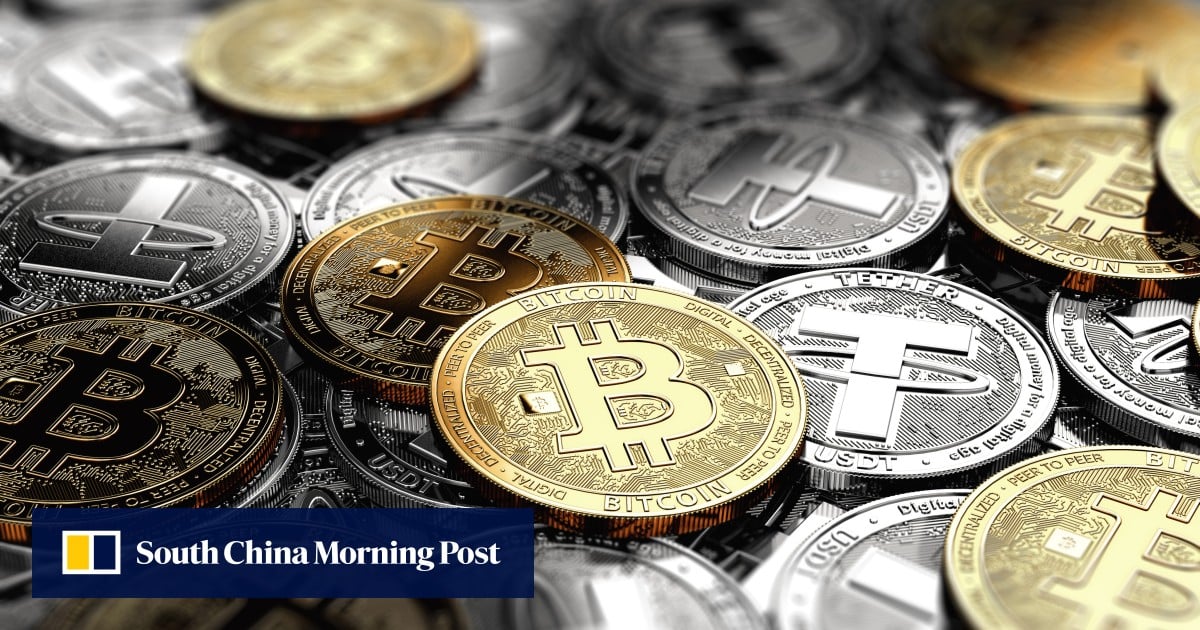


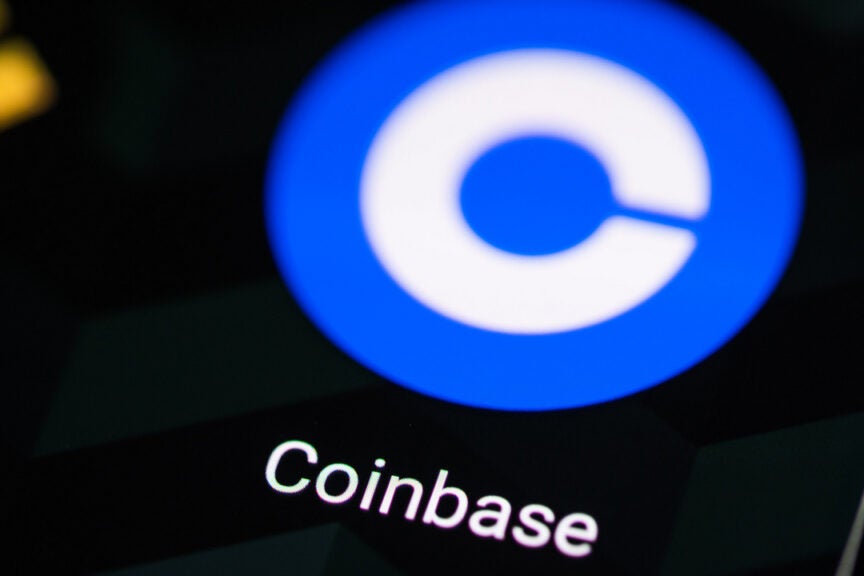


/cdn.vox-cdn.com/uploads/chorus_asset/file/25697380/STK071_APPLE_A.jpg)

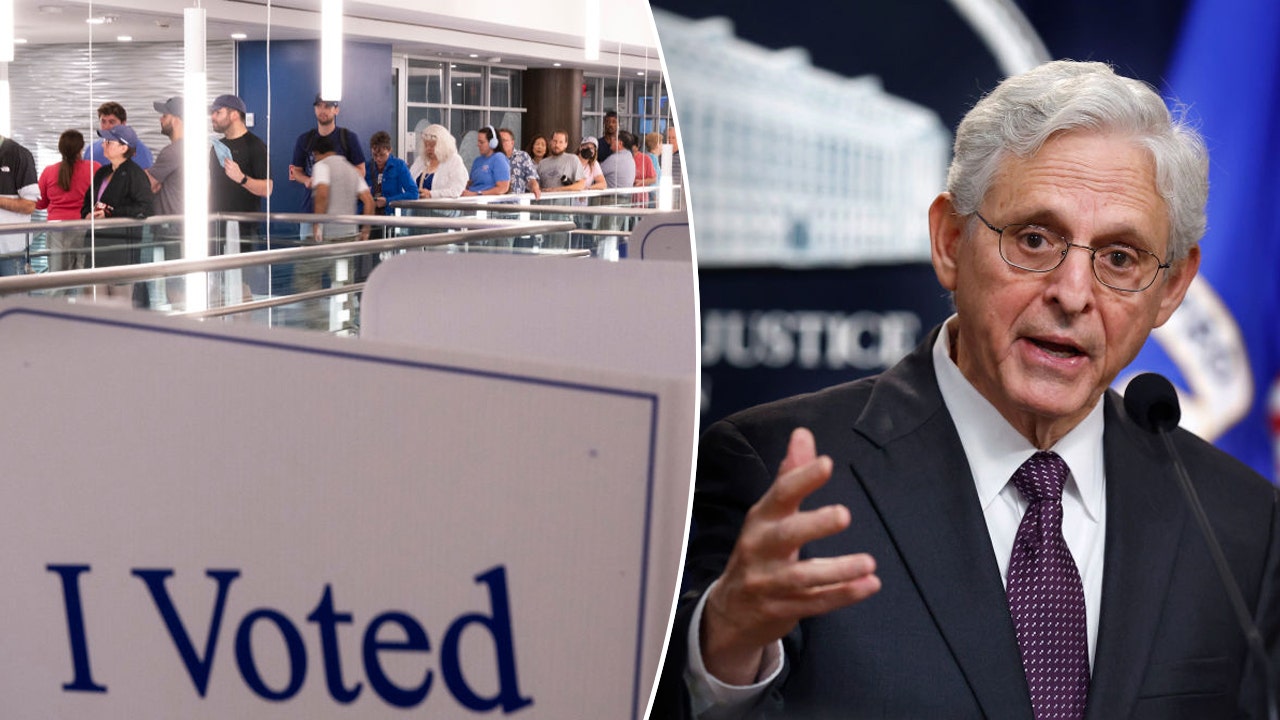
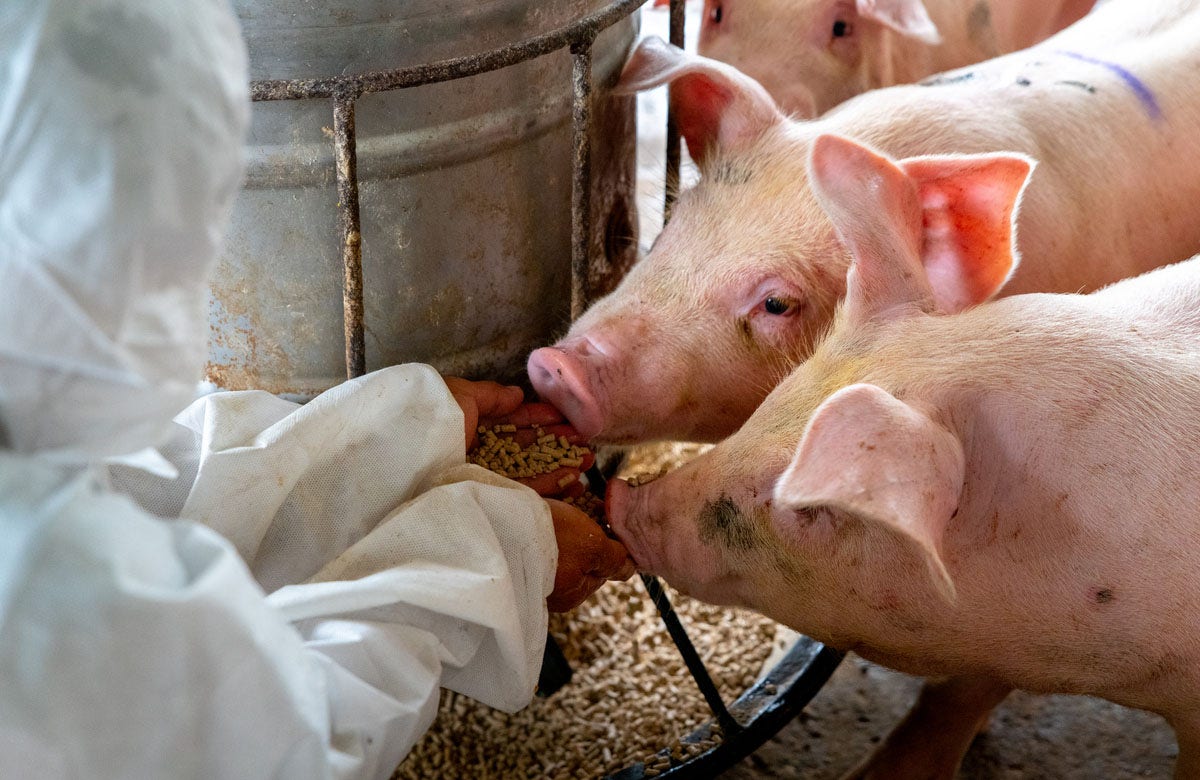





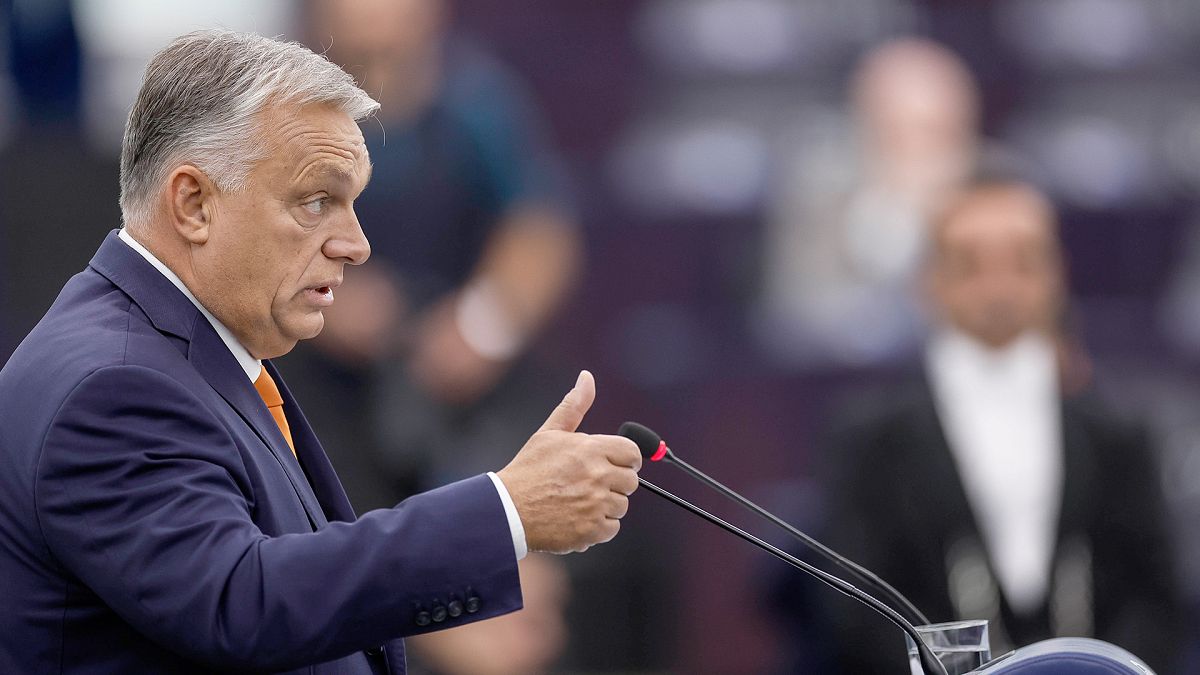
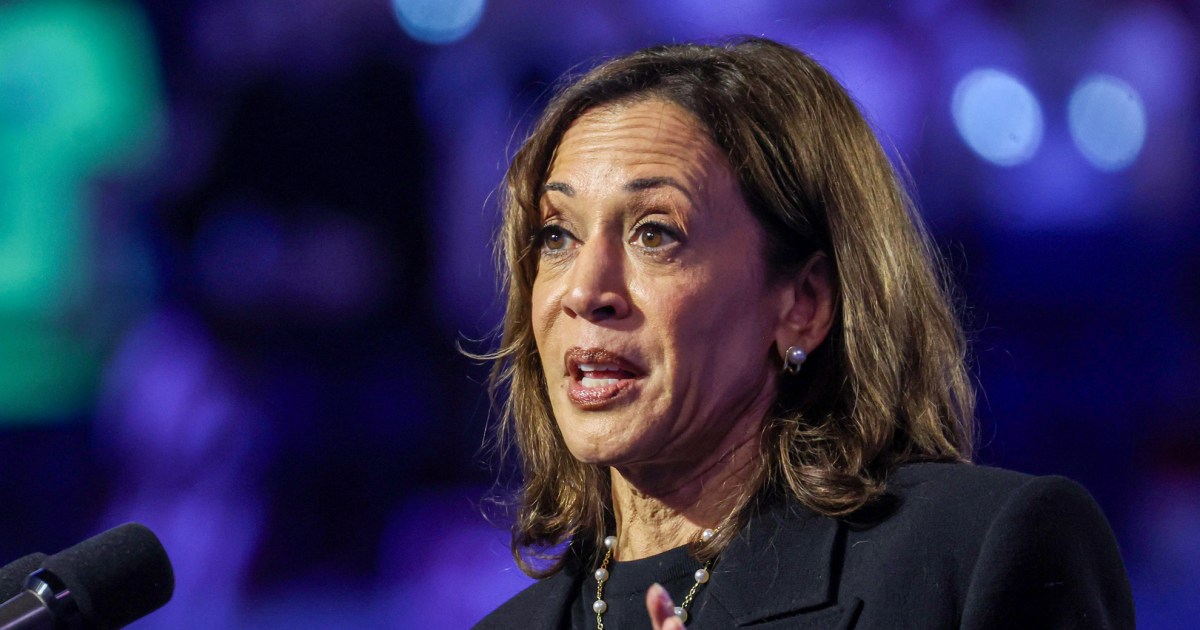

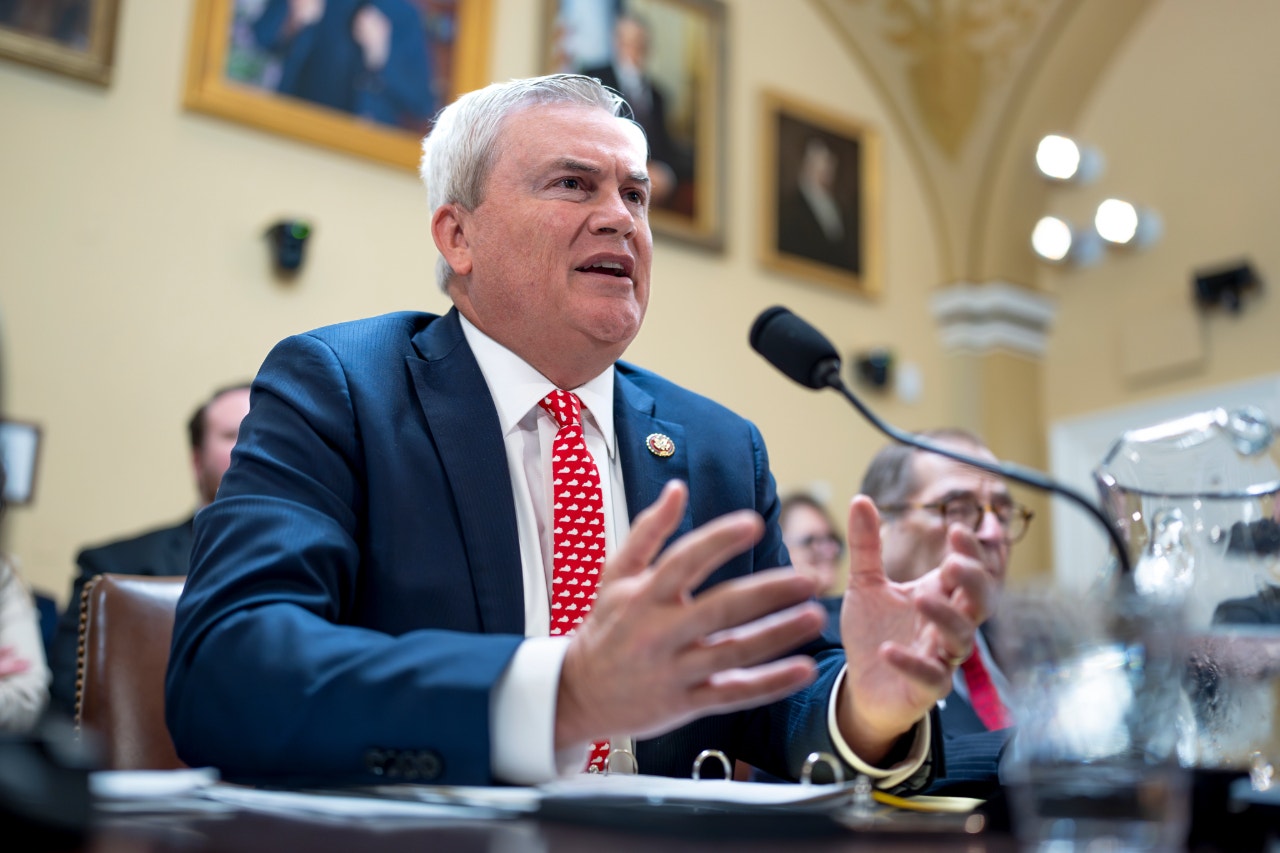

/cdn.vox-cdn.com/uploads/chorus_asset/file/25431700/STK201_SAM_ALTMAN_CVIRGINIA_A.jpg)





